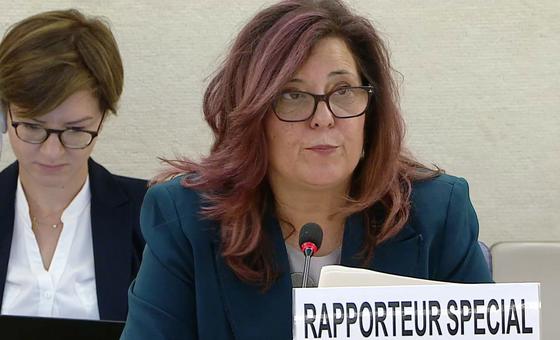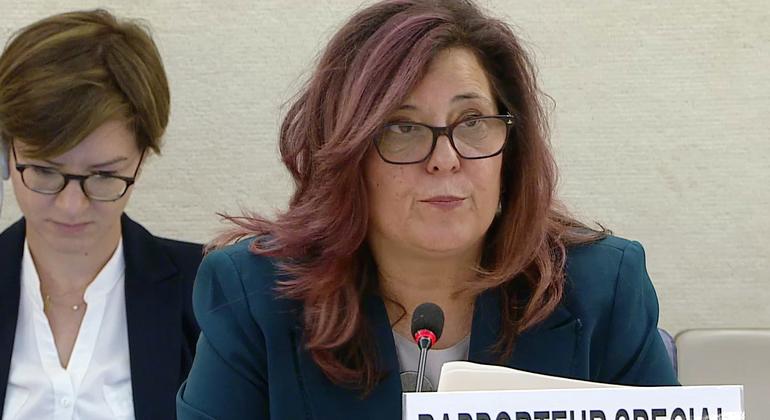
Speaking exclusively to UN News, she said her office had raised repeated concerns over the past months, among them, over Mr. Navalny’s deteriorating health.
Arrested in 2021, the 47-year-old anti-corruption activist was serving multiple sentences on charges, including extremism.
“It’s very shocking that this happened today less than a month before the Russian presidential election, and it really sends shockwaves to everybody in Russia and to everybody around the world who is concerned about the increasing repression against government critics in the Russian Federation,” she said.
The penal colony where Mr. Navalny died sits above the Arctic Circle, “which was used in the past during the old gulag system of political repression in Russia”, with scant internet access and cut off from the world, she stated.
“The conditions of detention under which Mr. Navalny was kept amounted to torture,” Ms. Katzarova said, adding that authorities were placing him in “punishment cells” enduring “really harsh conditions”.
‘Who is next?’
Citing other recent detention cases, she called for the release of all political prisoners in Russia.
“I cannot stop asking myself today, who is next if the authorities continue to wait and do not…give liberty and freedom to all the people that are arbitrarily detained in Russia just for their conscientiously held beliefs, peacefully against the war on Ukraine or because of government policies that they disapproved and voiced their concerns,” she said.
“All of these people have to be released, all of these prisoners, so there is no other shocking news of another political prisoner and human rights defender being found dead in custody in Russia.”
Special Rapporteurs
In May, Ms. Katzorova was named the UN’s first Special Rapporteur on human rights in Russia.
The Human Rights Council created the mandate, citing concern over “the significant deterioration of the situation of human rights in the Russian Federation, in particular the severe restrictions on the rights to freedom of opinion and expression, peaceful assembly and association…resulting in systematic crackdowns on civil society organizations”.
Special Rapporteurs and other rights experts are appointed by the UN Human Rights Council, are mandated to monitor and report on specific thematic issues or country situations, are not UN staff and do not receive a salary for their work.



